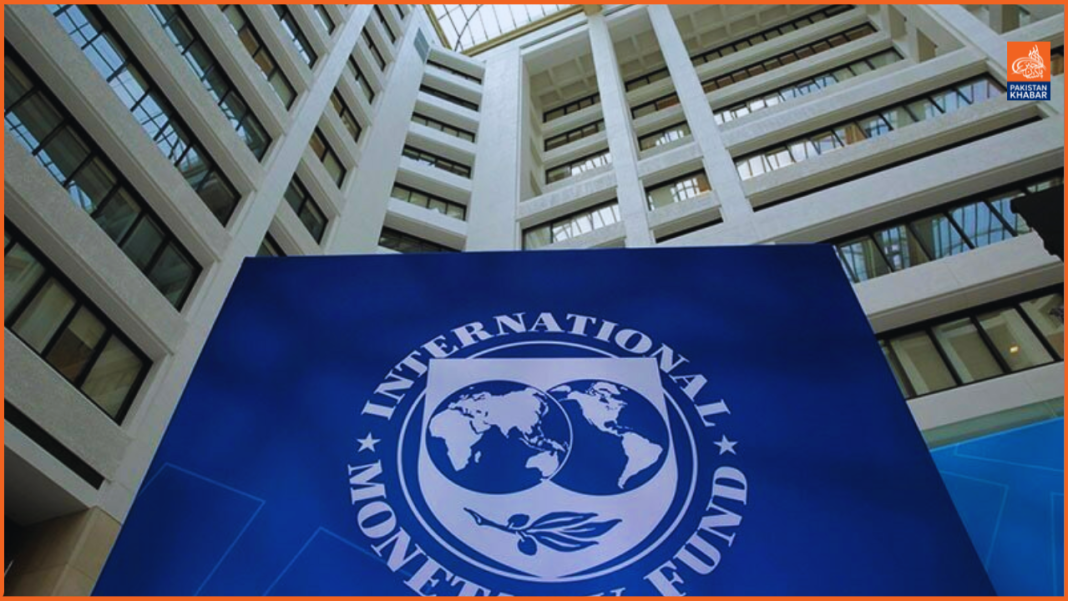The International Monetary Fund (IMF) has recently approved a significant $7 billion bailout package for Pakistan under a 37-month Extended Fund Facility (EFF), emphasizing the critical importance of sustained reforms to ensure the country’s economic stability. This marks a pivotal moment for Pakistan, as it navigates through a complex economic landscape marked by low tax revenues and a pressing need for comprehensive reforms.
The approval of this bailout was announced after an extensive negotiation process between Pakistan’s finance ministry and IMF officials. This process highlighted the necessity for Pakistan to implement unpopular yet essential reforms to broaden its tax base, which has historically been one of the lowest in the region. The government reached an agreement with the IMF in July, and this latest disbursement includes a $1 billion tranche aimed at stabilizing the economy.
Prime Minister Shehbaz Sharif has expressed optimism, indicating that this program should be viewed as the last major adjustment required for the economy. However, the path forward is fraught with challenges, as the IMF’s executive board underscored the need for sustained implementation of reforms. They highlighted the importance of enhancing Pakistan’s tax administration and creating a fairer tax system to mobilize additional revenue and support essential investments in infrastructure, social protection, and human capital development.
The IMF’s executive directors have been vocal about the need for Pakistan to shift from a state-led growth model to one that fosters private sector engagement. This shift is essential to reverse the decline in living standards and create a conducive environment for investment. Key reforms include improving the governance framework, reforming state-owned enterprises (SOEs), and removing trade barriers that have hindered competition and market efficiency.
In light of these challenges, the IMF has recommended a series of measures to support the fiscal framework. This includes establishing cost-based tariffs in the energy sector, which has been plagued by inefficiencies and circular debt. The necessity for gradual fiscal consolidation, supported by strengthened fiscal institutions, is crucial for enhancing Pakistan’s debt sustainability in the long term. Furthermore, the IMF has urged that the exchange rate must function as a shock absorber to boost competitiveness and assist in rebuilding the country’s foreign exchange reserves.
The recent commitment from development partners, including China, Saudi Arabia, and the UAE, to provide additional financing is a promising sign. These assurances extend beyond the rollover of existing loans and reflect a broader confidence in Pakistan’s potential for economic recovery. However, IMF officials warn that without a concerted effort to address deep-rooted structural challenges, including weak governance and a narrow tax base, Pakistan risks falling further behind its peers in the region.
Despite some progress, including a rebound in economic growth and a decrease in inflation, the IMF has cautioned that vulnerabilities remain. The business environment in Pakistan continues to face significant challenges, including inadequate infrastructure investment and insufficient public spending on health and education. These factors contribute to persistent poverty and limit the country’s economic potential.
In a recent statement, Kenji Okamura, the deputy managing director and acting chair of the IMF, acknowledged the progress made over the past year, which has been crucial in restoring economic stability. He emphasized that the implementation of sound policies is critical to reducing near-term risks and rebuilding confidence in the economy. However, he also highlighted the need for ambitious and sustained efforts to tackle structural challenges, such as low productivity and resource misallocation.
The IMF’s roadmap for Pakistan includes essential reform priorities that encompass not only fiscal consolidation but also significant advancements in the SOE reform agenda. Reducing distortions in the economy, enhancing governance, and fostering a level playing field for businesses are all crucial steps towards creating a more robust economic environment.
As the IMF program unfolds, the implementation of timely reforms, particularly in the energy sector, will be closely monitored. The recent decrease in inflation has been a positive development, and the IMF projects continued accumulation of foreign exchange reserves, supported by inflows from the EFF arrangement.
In conclusion, while the IMF’s approval of the $7 billion bailout package represents a crucial lifeline for Pakistan, the real challenge lies in executing the necessary reforms. Addressing these long-standing issues will require decisive action and unwavering commitment from both the government and the private sector. Only through collective effort can Pakistan hope to achieve sustainable economic growth, enhance living standards, and build resilience against future shocks.




